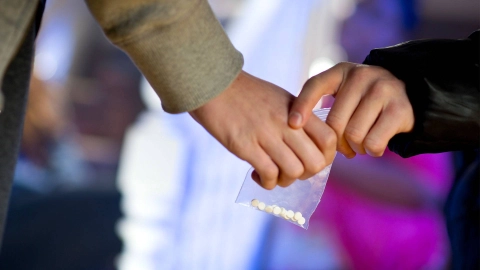ICD-Code F16.2: Mental and behavioural disorders due to use of hallucinogens Dependence syndrome
You are addicted to hallucinogens.
Hallucinogens are substances that can affect things like your thinking, feelings and your own perception. LSD is an example of a hallucinogen. However, hallucinogens are also found in some fungi or plants such as angel trumpets.
You are addicted to hallucinogens. When you are addicted to hallucinogens, you have a constant strong desire to consume hallucinogens. You may then find it difficult to control your consumption and need more and more hallucinogens. Not consuming hallucinogens may then lead to you having physical or mental problems. The addiction may cause you to neglect other things in your day-to-day life.
Additional indicator
On medical documents, the ICD code is often appended by letters that indicate the diagnostic certainty or the affected side of the body.
- G: Confirmed diagnosis
- V: Tentative diagnosis
- Z: Condition after
- A: Excluded diagnosis
- L: Left
- R: Right
- B: Both sides
Further information
Source
Provided by the non-profit organization “Was hab’ ich?” gemeinnützige GmbH on behalf of the Federal Ministry of Health (BMG).

